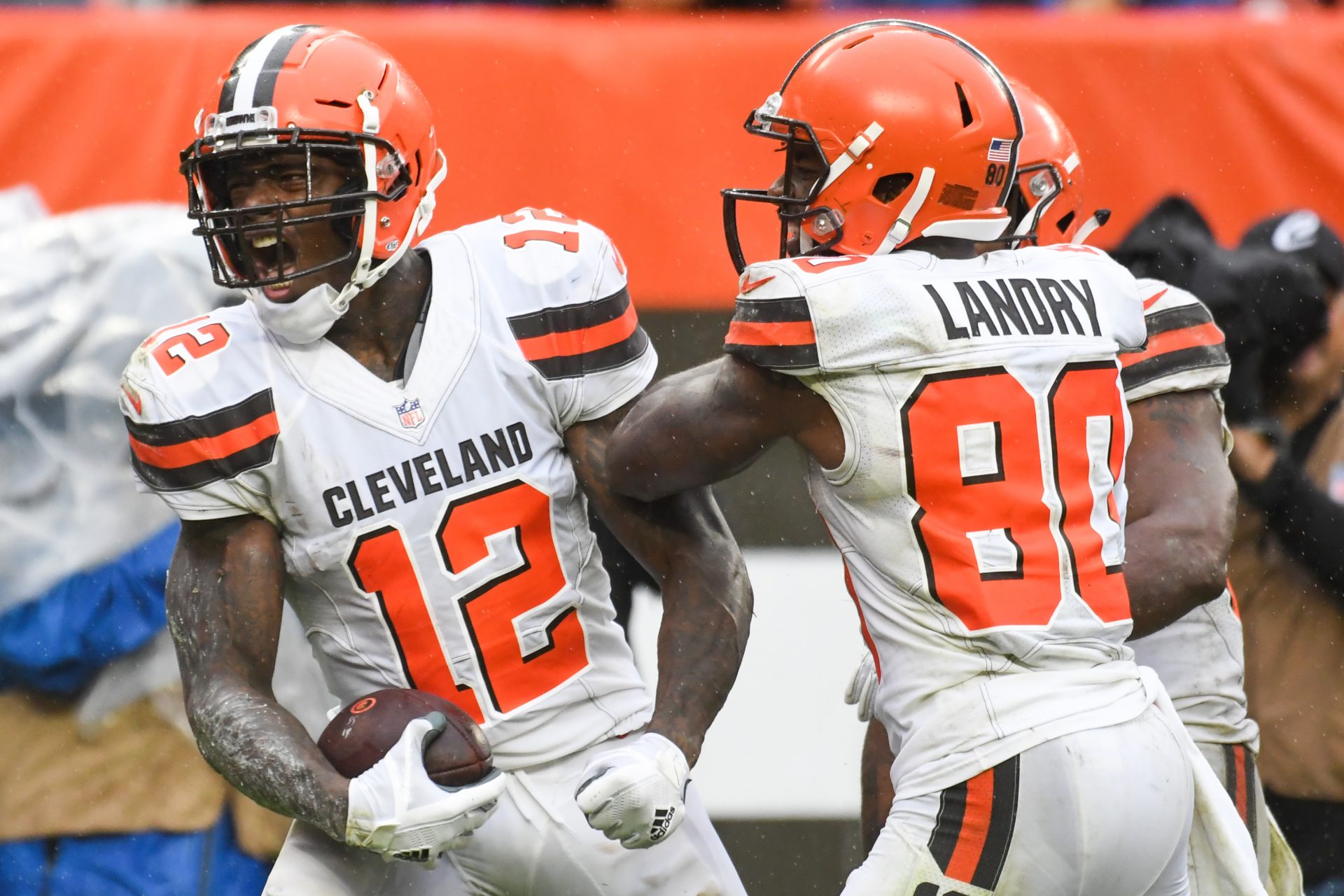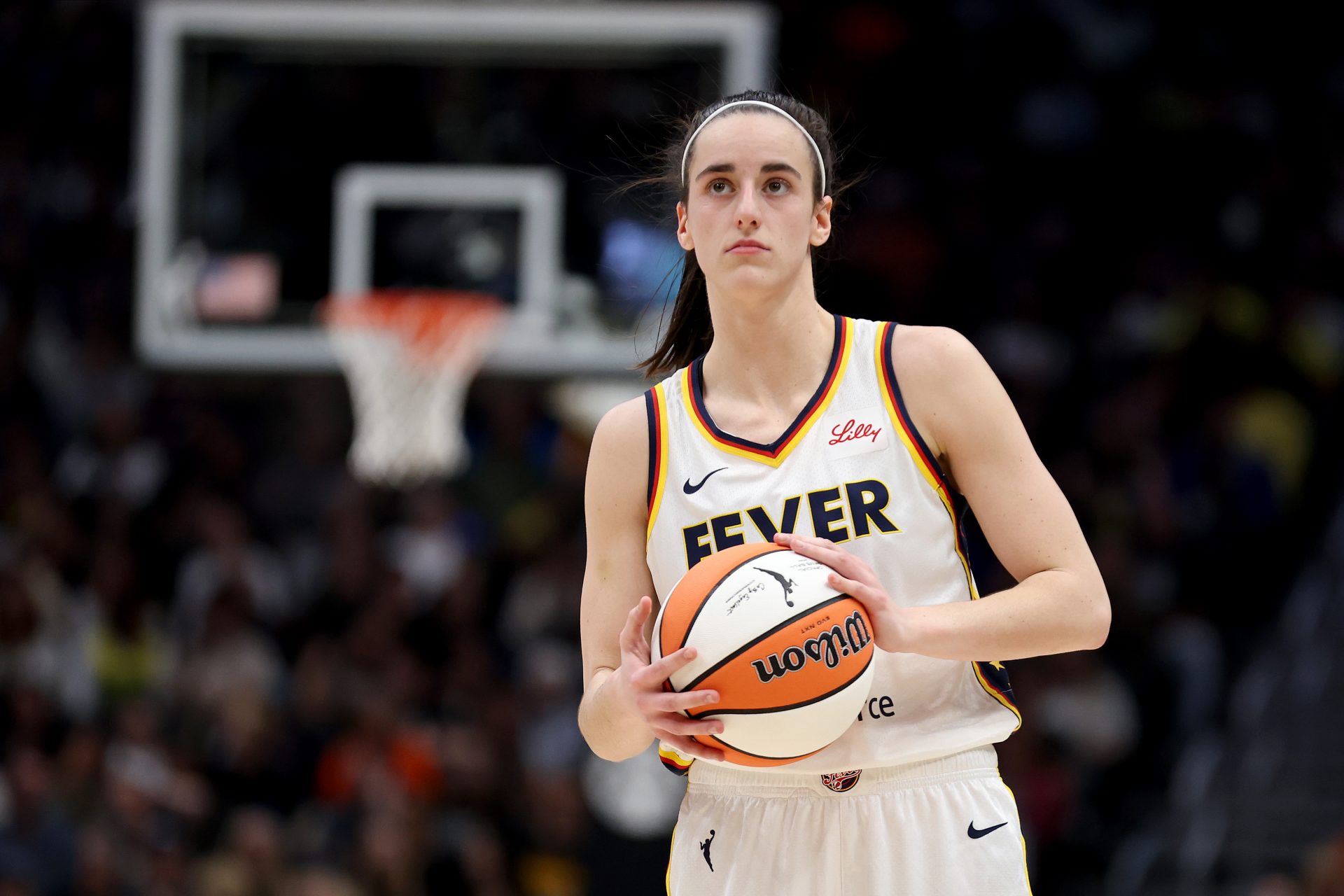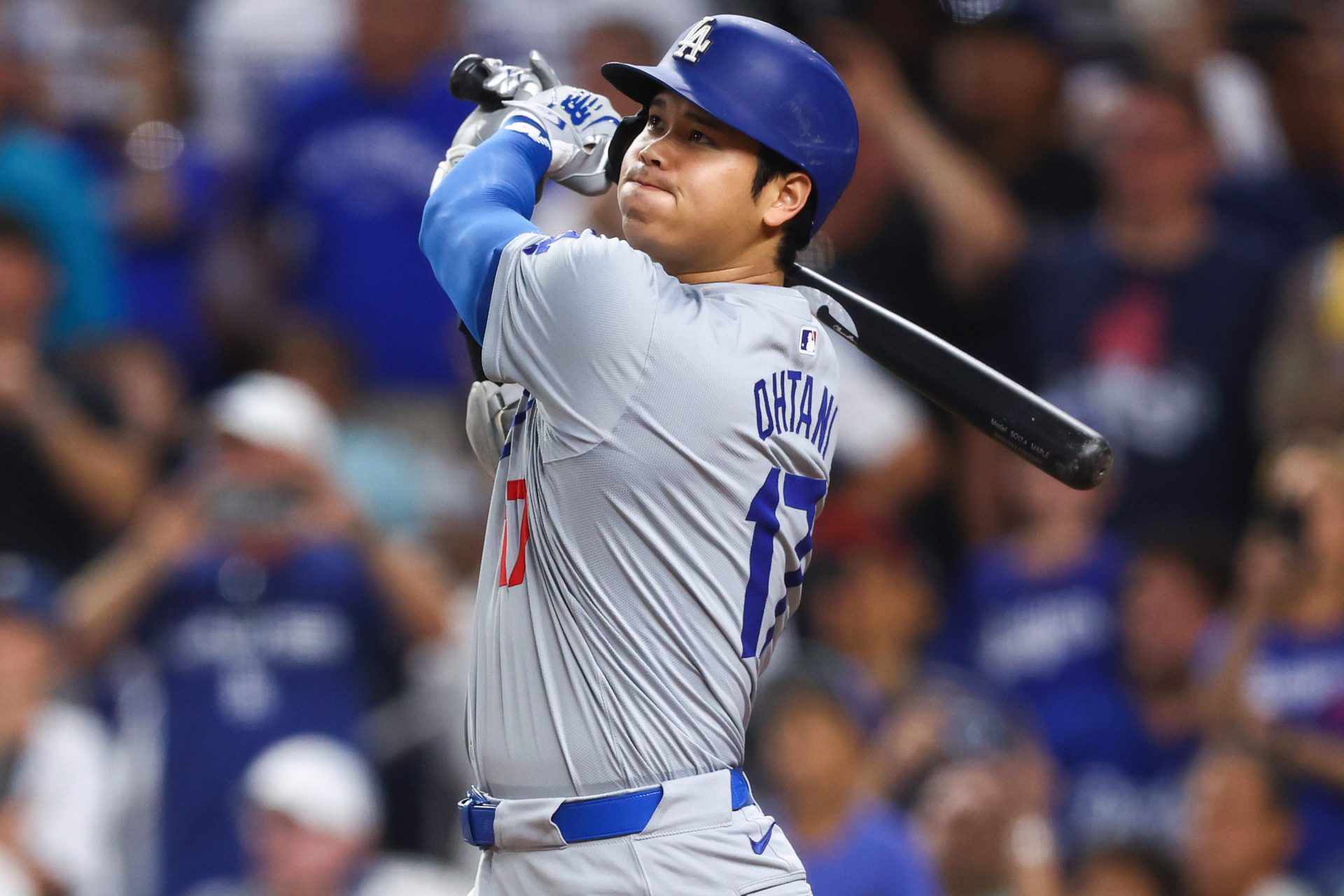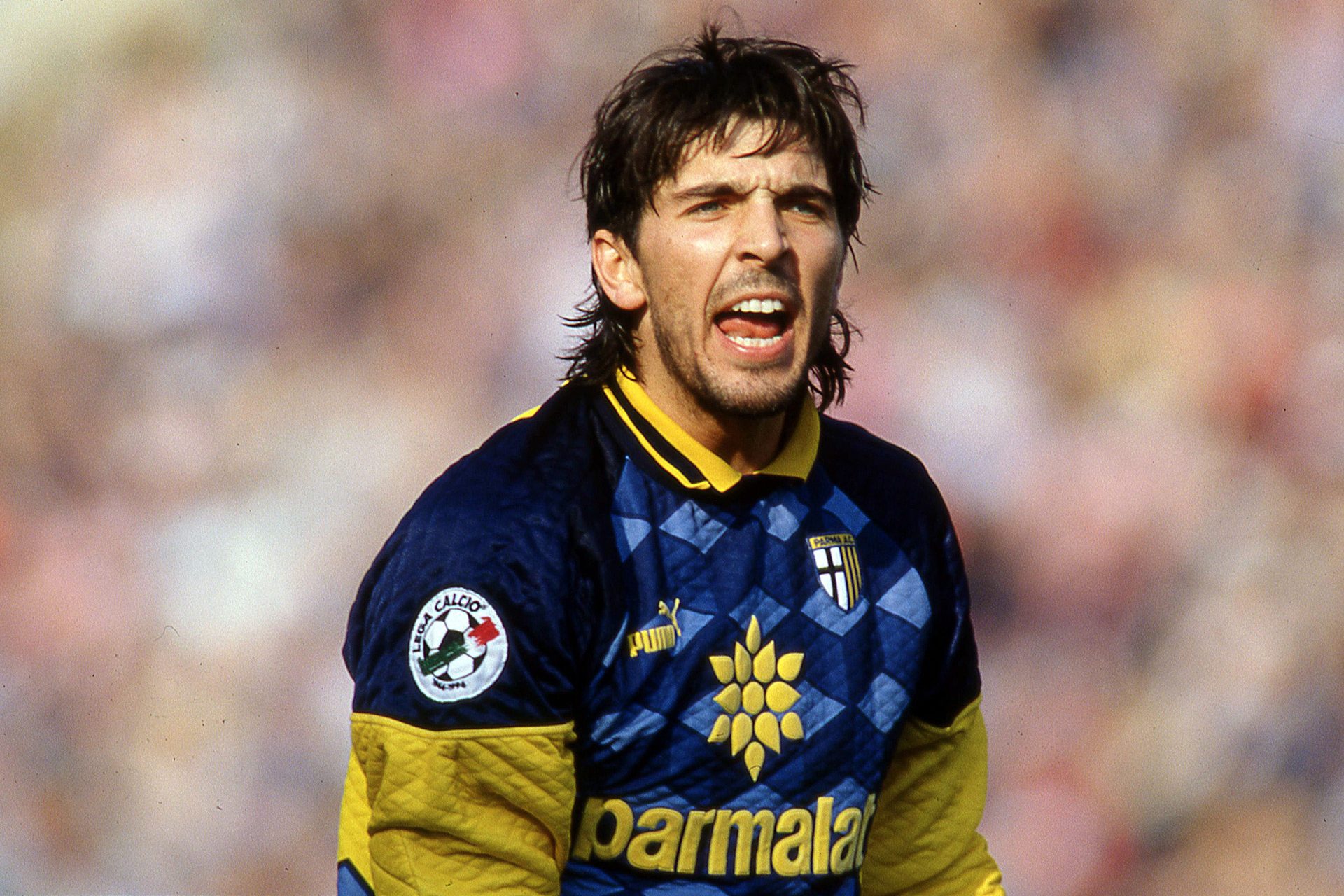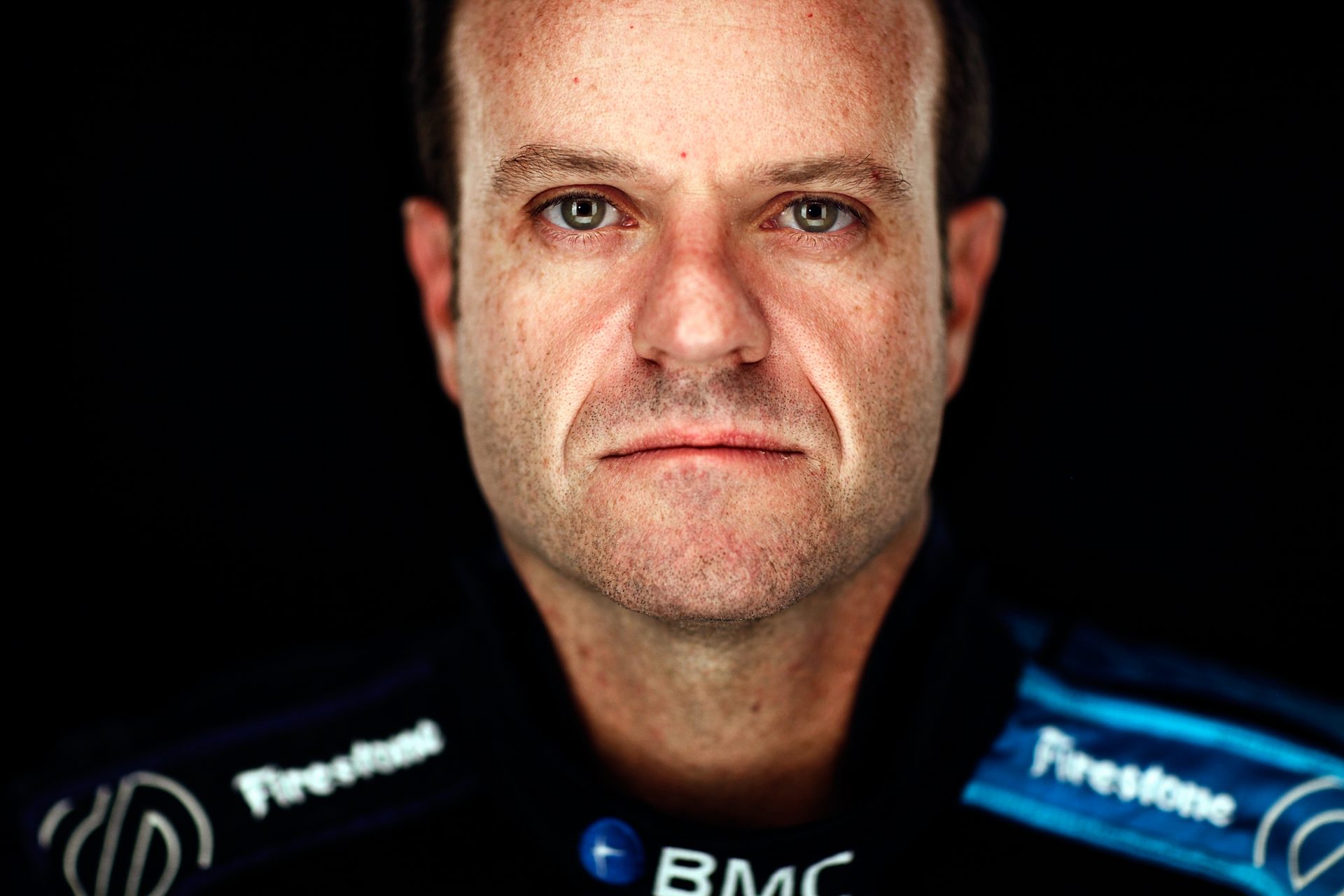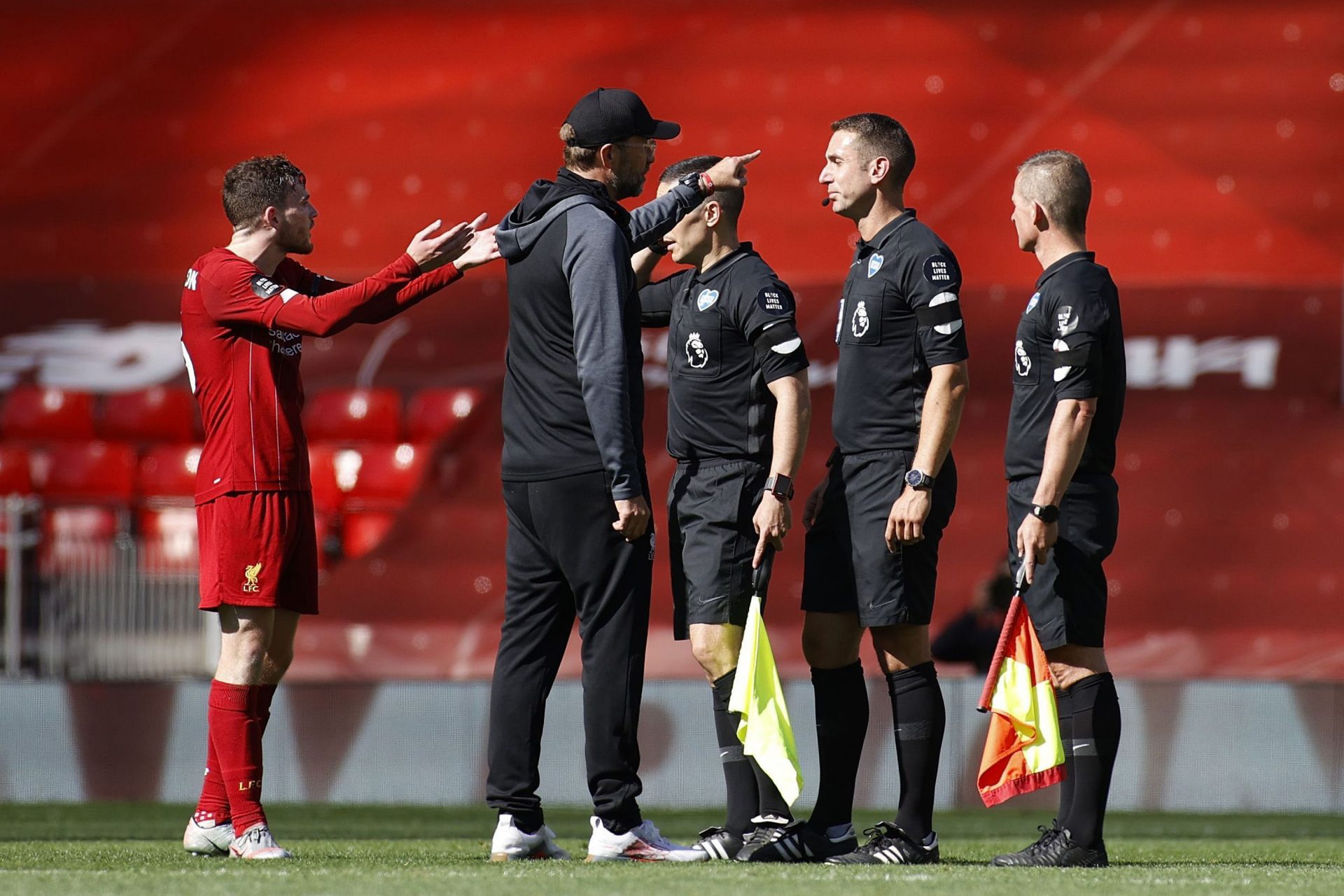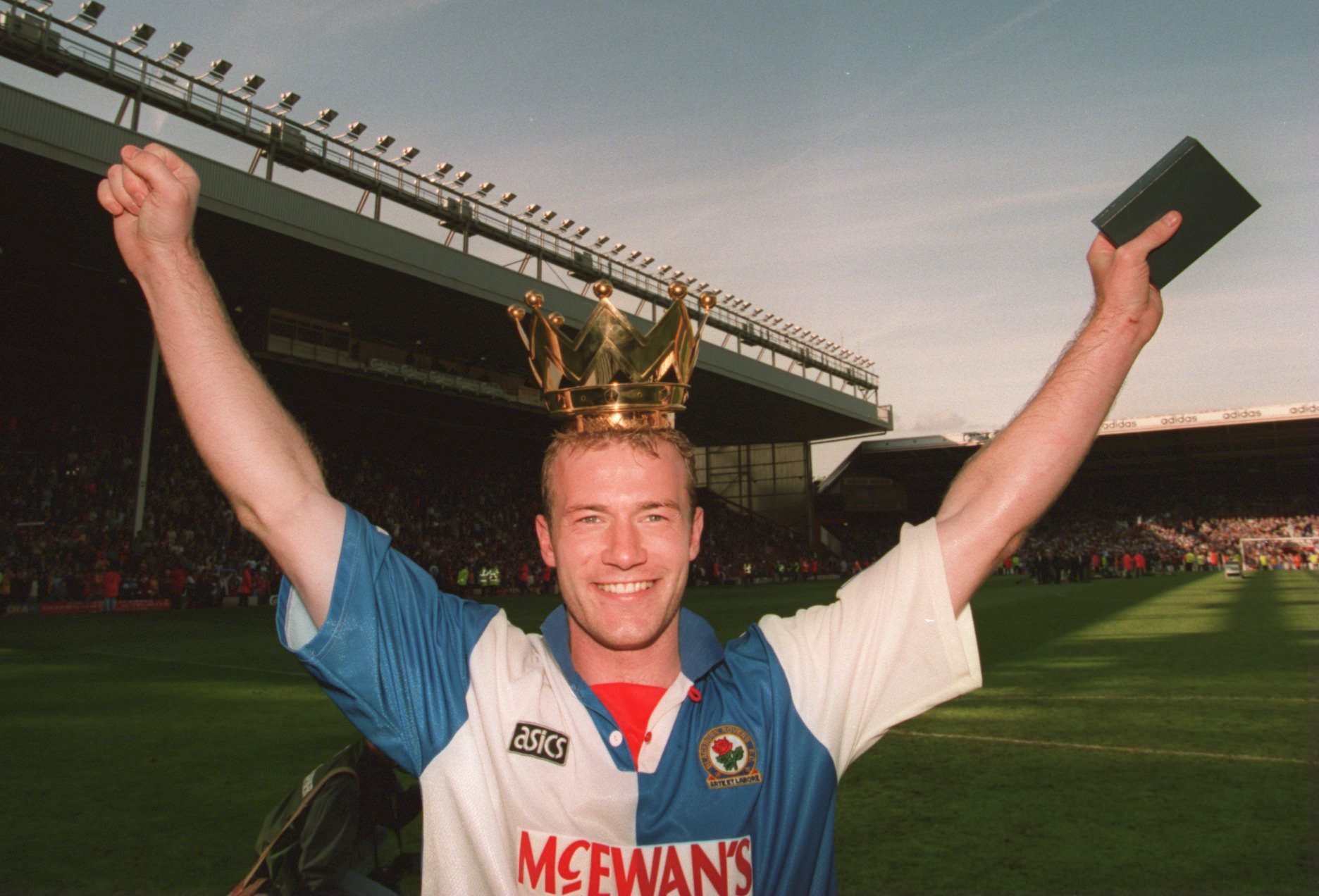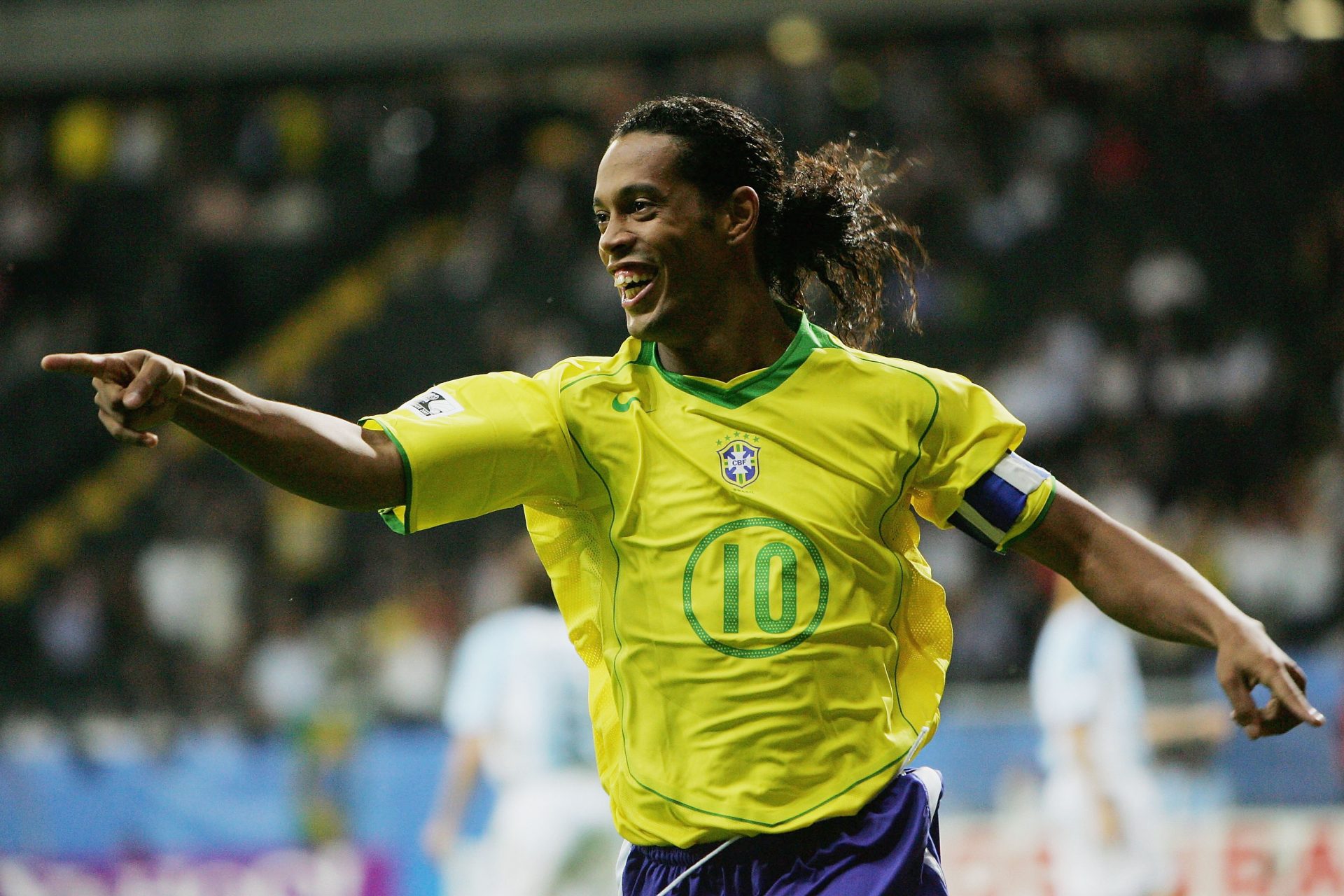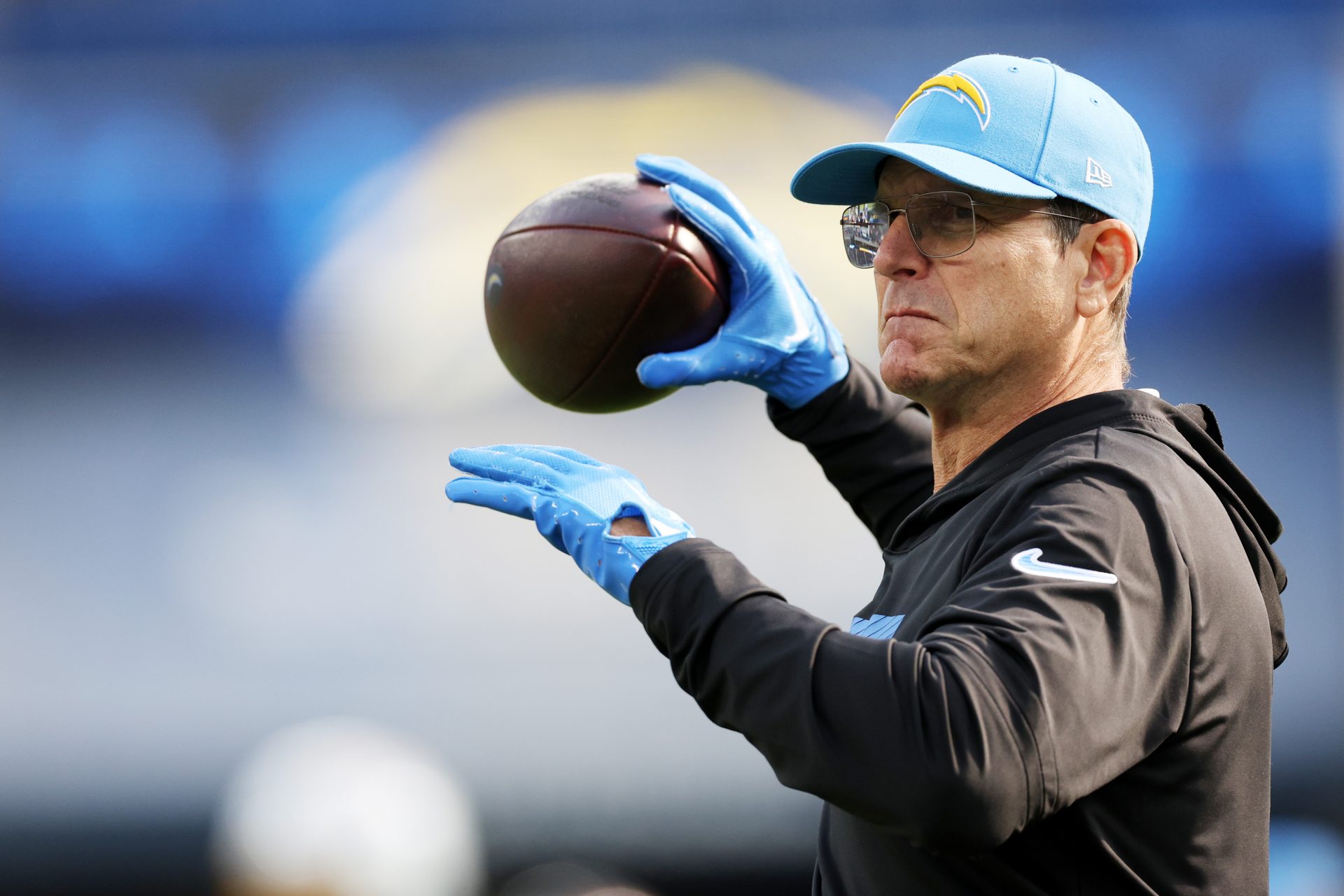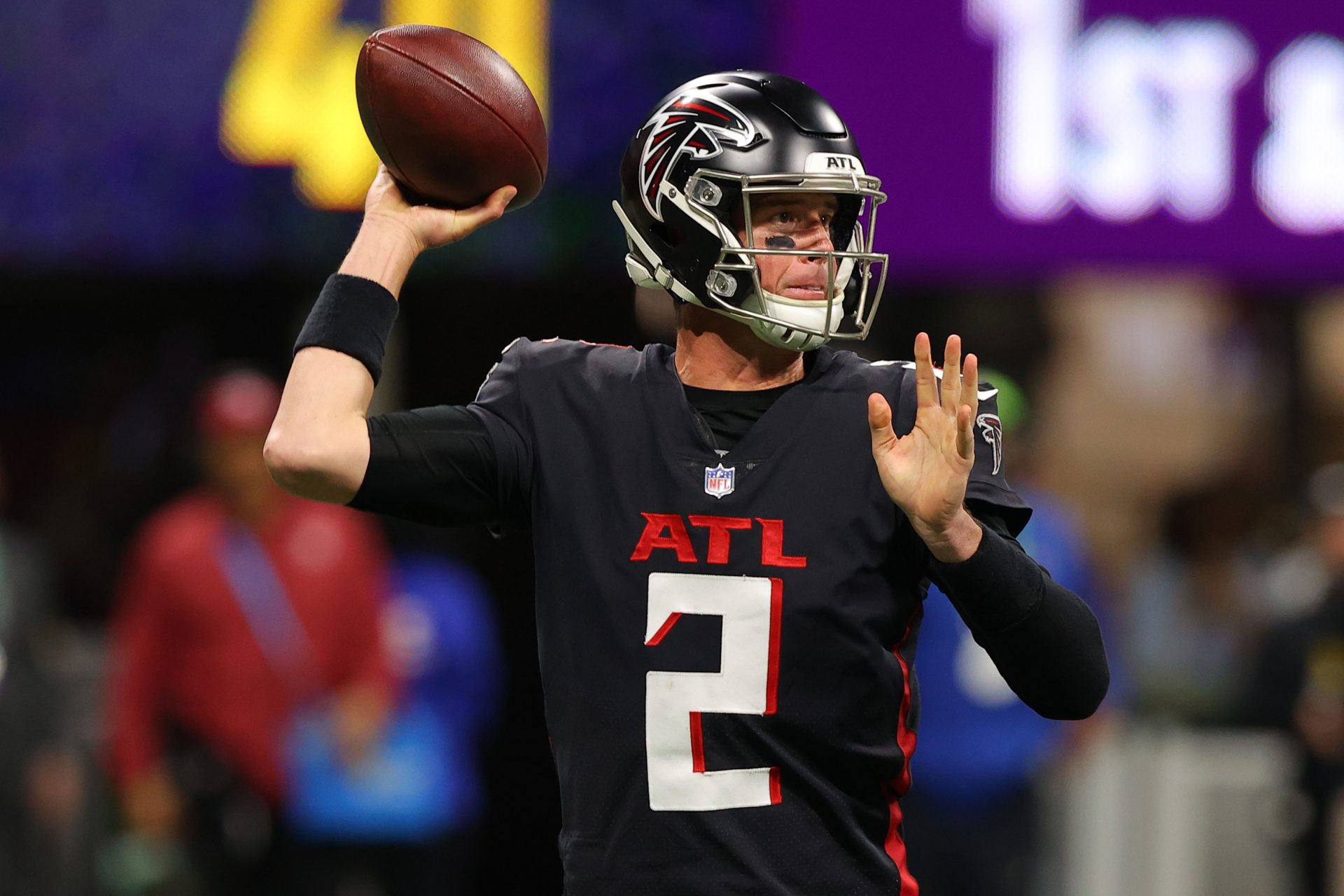Fans the real victims of football's multi-club ownership trend
Football is more than just a game. It is a passionate affair where clubs, players, coaches, and fans unite under one banner. Nowadays the modern game has become very complex with multiple layers of marketing and finance, deviating from its original grassroots.
Football seems to be sinking into the corporate world as multi-club ownership models become a trend. Private investor funds are now flooding into European football markets, after the financial difficulties many clubs experienced during the pandemic.
Around 200 football teams now belong to a wider ownership group, operating a multi-club model, according to CIES Sports Intelligence. There has been a 75% increase in less than three years. (CIES Sports Inteligence)
Source: (cutt.ly/cC8rZV7)
UEFA claims top division clubs lost an estimated $7.5bn due to the coronavirus pandemic, throughout the seasons 2019-2021. With stadiums closed and European competitions postponed, many big clubs had to enforce wage cuts to keep their finances afloat.
The multi-club ownership model offered clubs financial stability, an economic solution that shares central costs while also providing a platform for improved sponsorship.
This model also hedges the risk of relegation, something European clubs fight to avoid.
Dropping to a lower division ultimately ends in financial troubles. This competitive structure is unique only to European leagues.
“When you think about why not to invest in a football club, it’s relegation, but if you invest in six clubs and one gets relegated, you still have five that haven’t.” according to Patrick Massey, a partner at Portas Consulting.
The US billionaire, Bill Foley, owner of Black Knight Football Entertainment purchased his ticket to the Premier League stage when he bought AFC Bournemouth in December 2022.
Foley bought AFC Bournemouth for $148mn, followed by another stake in French team FC Lorient.
As the world’s biggest sport evolves, football fans feel many of the core principles that represent the sport are being left behind. The fans are equally important to the club as anyone else involved and should have a say in the club's future.
Foley's arrival at FC Lorient didn’t sit well with one of the club’s fan groups, claiming their reputation and history were at risk. A week later, Lorient’s sold their most talented player to Bournemouth.
John Textor, American business owner and founder of Eagle Football Holdings, owns 40 percent of Crystal Palace. Crystal Palace is currently 12th in the league and has been fighting bravely to stay alive in top-tier football.
The renowned Parisian club, PSG, is owned by Qatar Sports Investment since 2011. During those years, the club managed to sign elite-level players like Messi and Neymar, alongside other big names.
UEFA has been keeping track of the multi-club ownership transitions, yet there is growing fear regarding the protection and competitiveness of domestic European club competitions.
As the wave of multi-club ownership grows, much is yet to be discussed by all parties involved. As of now, UEFA has implemented Financial Fair Play regulations that aim to protect European football.
More for you
Top Stories



















